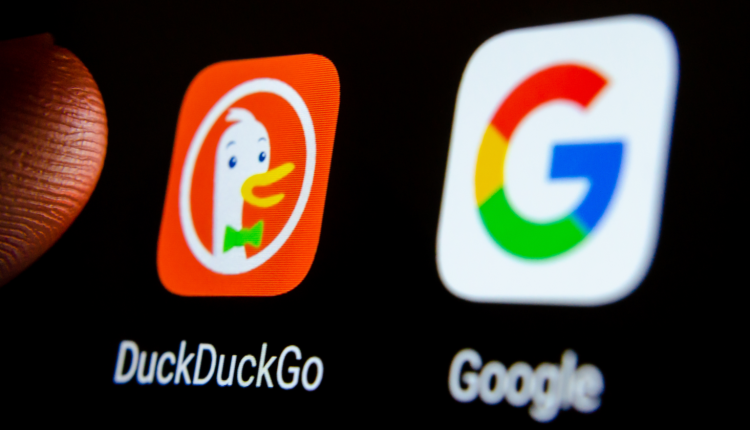DuckDuckGo vs. Google: A comparison between your choices
Our access points to the internet are search engines, which help us in for information, products, and services that meet our needs. Although Google is no doubt the most broadly used search engine in the world, there are other ways available. When it comes to functionality, DuckDuckGo is no bad duckling either; it’s a loser that has become a popular option for people concerned about online privacy and data tracking.
DuckDuckGo vs. Google: Overall Findings
Google and DuckDuckGo both give unique features to advance the search experience, but they also have a lot of similarities. Both search engines have a logo and a search bar on their homepages in a similar simple design. Furthermore, both have options for theme customization if you think the homepage is a little too simple.
When you begin typing a question into any search engine, suggestions will appear to help you complete it. But, Google offers a few other search options further than text, like voice searches using a microphone and image searches using Google Lens.
Moreover, Google has a “I’m feeling lucky” button that will send you immediately to the website that ranks top for the query you typed. Bangs is DuckDuckGo’s similar functionality for avoiding search results. The exclamation mark is followed by a few characters in DuckDuckGo’s collection of bang shortcuts, which lead you right to the results of a given URL. For example, to search for pizza on Wikipedia, type “!w pizza,” tap Enter, and you will be taken to the site’s pizza page.
DuckDuckGo vs. Google: Powerful Results
On the search results page, DuckDuckGo and Google both offer quick responses. For the top of the page, Google will collect relevant data, photos, maps, site summaries, and related search terms.
Regarding the quality of search results, Google is known for its strong and classy search algorithms, which explains why, even when someone searches for the same thing, they each get a different set of results. By default, Google modifies the search suggestions and results it displays for you based on the information in your user profile. Unfamiliar to some, a user profile includes information on your individuality, including your search history, age, location, education, household income, marital status, and internet contacts. As a result, some people are worried about “filter bubbles” – input that has been cautiously selected to support views that the user already has, rather than information that is contrasting or contradictory. while, the search results stay the same for everyone, in spite of who they are or where they are searching from, using DuckDuckGo because it doesn’t track user action or collect any data to create user profiles.
Google no doubt excels in offering the fastest and most accurate search results, thanks to its wide tracking abilities. But, DuckDuckGo’s ‘bangs’ offer a unique and proficient way to target particular websites directly.
DuckDuckGo vs. Google: Privacy
Google’s quick eye makes its search and other services more capable and keeps these services free. Google saves and tracks search results. It also tracks more, such as your location, web page analytics, and web browsing history.
DuckDuckGo does not use the data from your searches to create a profile of your choices. By default, no cookies are set. Cookies are placed to keep track of settings that consumers have changed. There is also no other option to differentiate between different users.
DuckDuckGo vs. Google: Artificial Intelligence
Both Google and DuckDuckGo are introducing AI assistants to help with search results in order to stay present. The results of Google’s Search Labs, which are only now available in the United States, have not exactly been stellar. It is still in its early stages, but we believe in them to receive better results as it gets more experience and feedback from users.
Recently, DuckDuckGo formed its own artificial intelligence (AI) dubbed DuckAssist, which at the moment influences OpenAI and Anthropic to concentrate responses to frequent queries based on what it can find in Wikipedia. Although DuckAssist is still in beta and only occasionally substitutes immediate Answers for search queries, it has the power to develop and become more correct with time.
Final result
The choice you make in the clash between DuckDuckGo and Google eventually comes down to your priorities and principles. DuckDuckGo is your best option if privacy is a main concern and you do not mind the irregular search limits. Google is still a great option for users who value the immediate and most correct search results and are good with personalized tracking, though.
In nutshell, the fight between these two search engines focuses on the compromise between functionality and privacy. You may confidently cross the digital environment by being aware of the Pros and Cons of each and making a choice that fits your online tastes.

